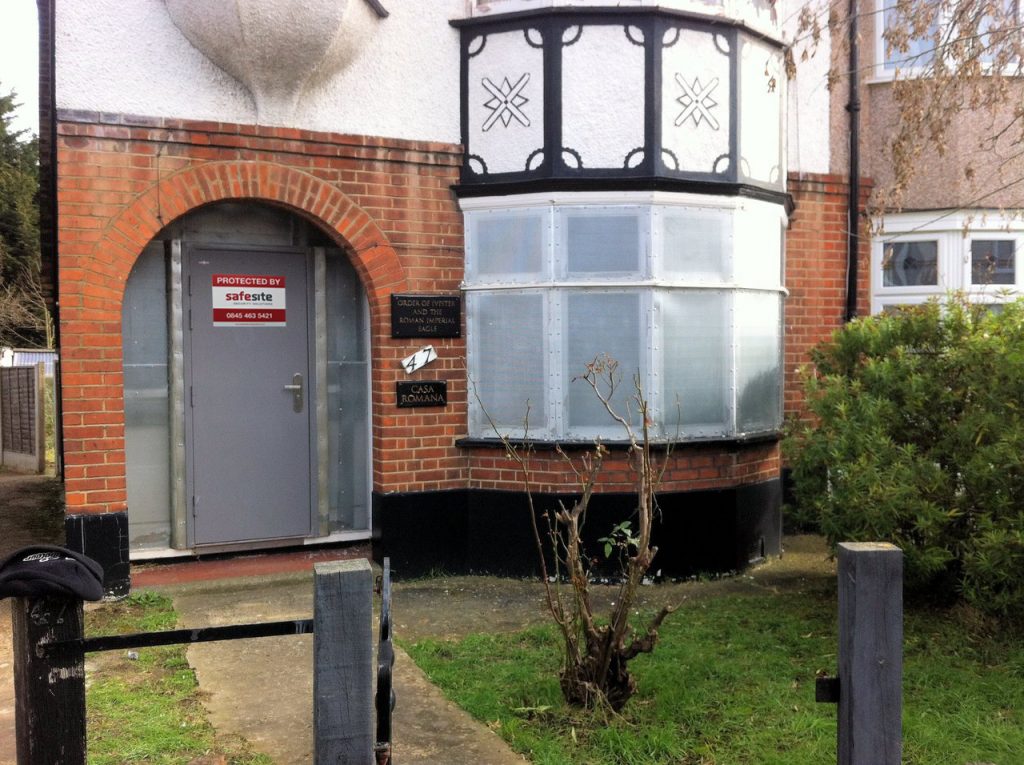
A report last year by the BBC, based on research by the Liberal Democrat party, has highlighted the scandal of empty homes in the UK. While it is unclear whether all of these properties are council owned, or some privately owned, we know that 276 local councils took part in the research. It turns out that a staggering 216,000 homes across the UK have been empty for six months or more. Of these, 11,000 have been empty for 10 years or more!
Housing shortage
If a property has been empty for 10 years then it is safe to assume it is not in the best of order. The same could probably be said of the majority of the 216,000 homes which have been empty for six months. However, surely there must be a way to bring these properties back into the fold?
Empty Dwelling Management Orders
Empty Dwelling Management Orders are legal powers afforded to councils in England and Wales, allowing them to take over residential properties which have been empty for at least six months. The chances are you are probably unaware of such orders and the fact that local councils across the England and Wales have this power. Freedom of information requests suggest that 23,000 empty homes were brought back into use by local councils but this is but a fraction of those underutilised at the moment.
Why are so many properties empty?
It is difficult to say why so many properties are empty and why local councils have not been more active with their legal powers. It may be that the residents have passed away or perhaps they have been taken into care. Many might automatically assume homes have been left in limbo where there has been no will or an inability to find the named beneficiaries. However, in this type of situation the state would take control of unclaimed assets after attempts to find beneficiaries have been exhausted.
Rebuilding derelict properties
Rebuilding derelict property can be a challenge, often expensive but with the cost of housing in the UK on a long-term upward trend, surely there must be some margin? Surely local authorities and even those in the local vicinity must also be aware of the impact on nearby property prices? It is also safe to assume that as a home is already built on the property, often in a bad state of repair, little additional clearance will be required to knock the old property down and start again.
Why don’t housebuilders acquire these properties?
Aside from the fact there may well be legal difficulties acquiring these properties, perhaps the ownership is unclear or the beneficiaries have taken no interest, why don’t UK housebuilders acquire these properties?
It may well be down to location, location, location as to why there is not a more active market in acquiring and bringing these properties back to life. That said; the UK has had a series housing crisis for decades and the situation is getting worse if anything. Suggestions that there is now one third fewer empty properties in the UK compared to 2010 is encouraging, but why stop there?

